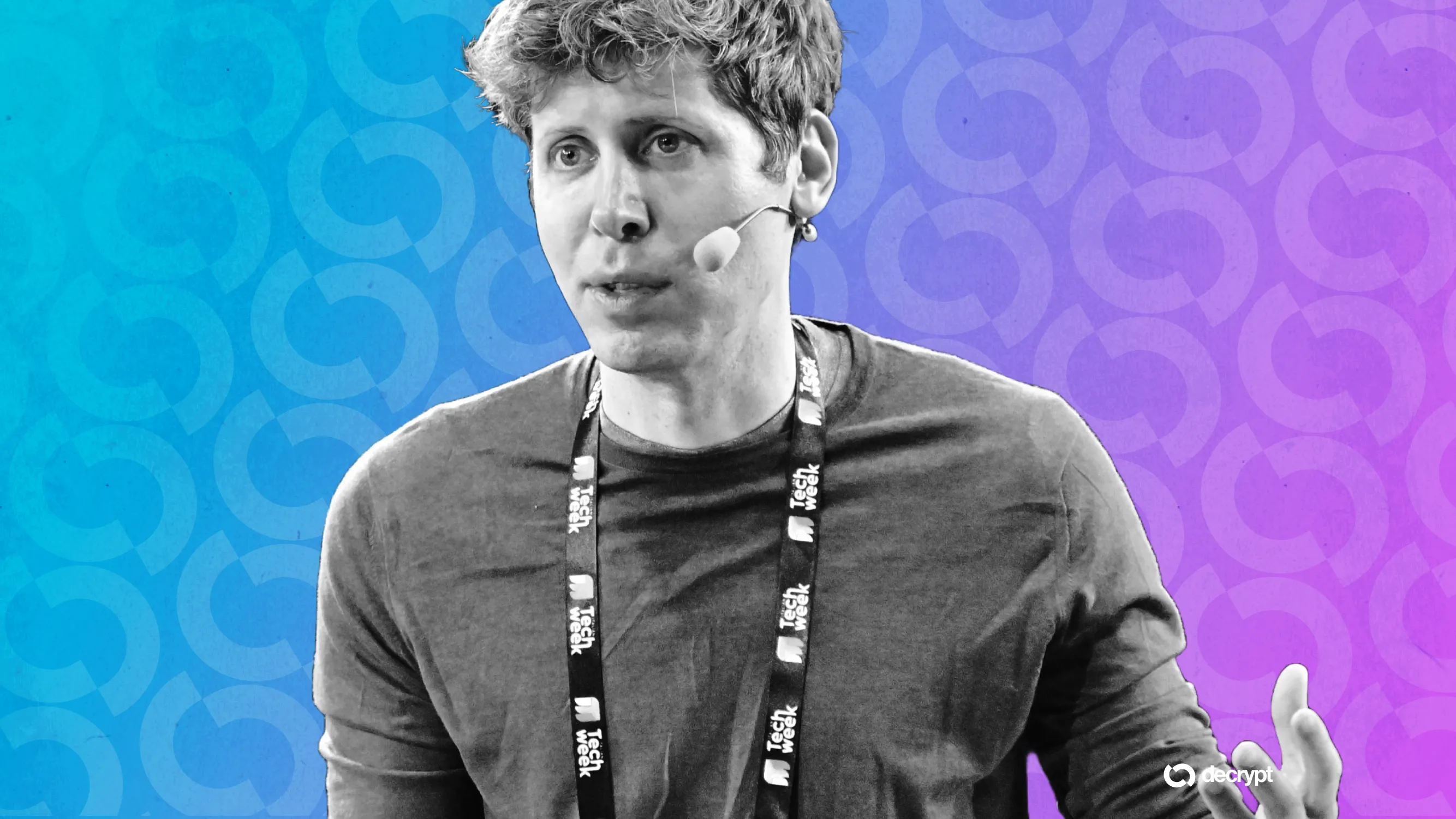In brief
- ChatGPT’s “instant checkout” with Shopify and Etsy draws scrutiny for turning AI into a retail gatekeeper.
- OpenAI's new Sora app showcases endless AI-made videos, prompting criticism of “infinite slop” feeds.
- Data centers driving energy prices up 267% stoke unease over AI’s economic and environmental toll.
OpenAI is facing mounting criticism after unveiling two major initiatives this week—one expanding its artificial intelligence technology into online shopping, the other into short-form video content—moves that critics say reflect a growing shift from research ambitions to commercial dominance.
On Monday, Chief Executive Sam Altman announced a partnership with Shopify, Etsy, and Stripe that will allow U.S. users of the company’s ChatGPT chatbot to make purchases directly within conversations. The “instant checkout” feature enables consumers to search for products, view recommendations, and complete transactions without leaving the app.
And today, OpenAI launched Sora 2, its latest video-generation model. The app, called simply Sora, resembles TikTok and features a vertical feed of AI-generated clips.
Both announcements have sparked swift and widespread backlash, from technologists and environmental advocates to longtime supporters of the company. Critics argue the dual moves suggest a pivot away from OpenAI’s founding mission of advancing safe and broadly beneficial artificial intelligence, toward one centered on retail integration and viral entertainment.
Mounting disillusionment
The reaction underscores growing disillusionment not only with OpenAI, but also with other large tech platforms pursuing similar strategies. Meta Platforms Inc., which recently rolled out its own AI-generated content feed—derisively nicknamed a “slop machine” by users—has faced comparable criticism for flooding social networks with synthetic media.
Together, the two developments have become emblematic of a broader unease within the technology sector: that AI companies, once heralded for breakthroughs in reasoning and automation, are now focused on producing easily monetized but low-value content while driving up costs across the digital economy.
A widely circulated post on X, formerly Twitter, captured this sentiment following a Bloomberg report on surging power prices linked to data-center growth:
Concerns over concentration and cost
In commerce, analysts view OpenAI’s Shopify collaboration as a significant step toward monetizing ChatGPT beyond subscriptions. But the integration has prompted antitrust and transparency concerns. By embedding shopping within its conversational interface, OpenAI could exert outsized influence over which products consumers see and buy.
“This positions OpenAI as a retail gatekeeper,” tweeted Yuchen Jin, co-founder of AI startup Hyperbolic Labs. “When discovery, recommendation, and payment all converge inside a single AI system, the company behind it gains tremendous control over market access.”
Privacy advocates also warn that linking search, conversation, and purchasing could yield unprecedented behavioral data, raising questions about how such information will be stored and monetized.
Fears of "infinite slop"
The Sora 2 app has drawn an even sharper response. Pre-launch descriptions suggested users would be able to prompt the model to produce 10-second clips, remix others’ creations, and scroll through an endless “For You” feed of machine-made videos. OpenAI has said the platform will include identity-verification tools and copyright opt-outs to mitigate deepfake risks and legal disputes.
Despite those safeguards, many observers see the product as emblematic of a troubling trend: an industry investing heavily in synthetic entertainment rather than in research toward general-purpose intelligence.
“We were promised AGI, ASI, personal superintelligence,” Jin wrote in a separate X post. “Instead, we’re getting infinite slop machines that turn us into dopamine-addicted zombies.”
Environmental groups have also criticized the energy demands of large-scale video generation, noting that training and operating such models carries a substantial carbon footprint.
Supporters argue the new products democratize access to advanced tools—helping small businesses reach customers and enabling everyday users to create professional-quality media. But detractors contend the strategy signals a commercial pivot that risks eroding public trust.
OpenAI, now valued at more than $150 billion, began as a nonprofit research lab before restructuring into a hybrid capped-profit model. Under Altman’s leadership, it has prioritized consumer products, including ChatGPT, enterprise software, and partnerships with major technology and retail firms.
Generally Intelligent Newsletter
A weekly AI journey narrated by Gen, a generative AI model.

